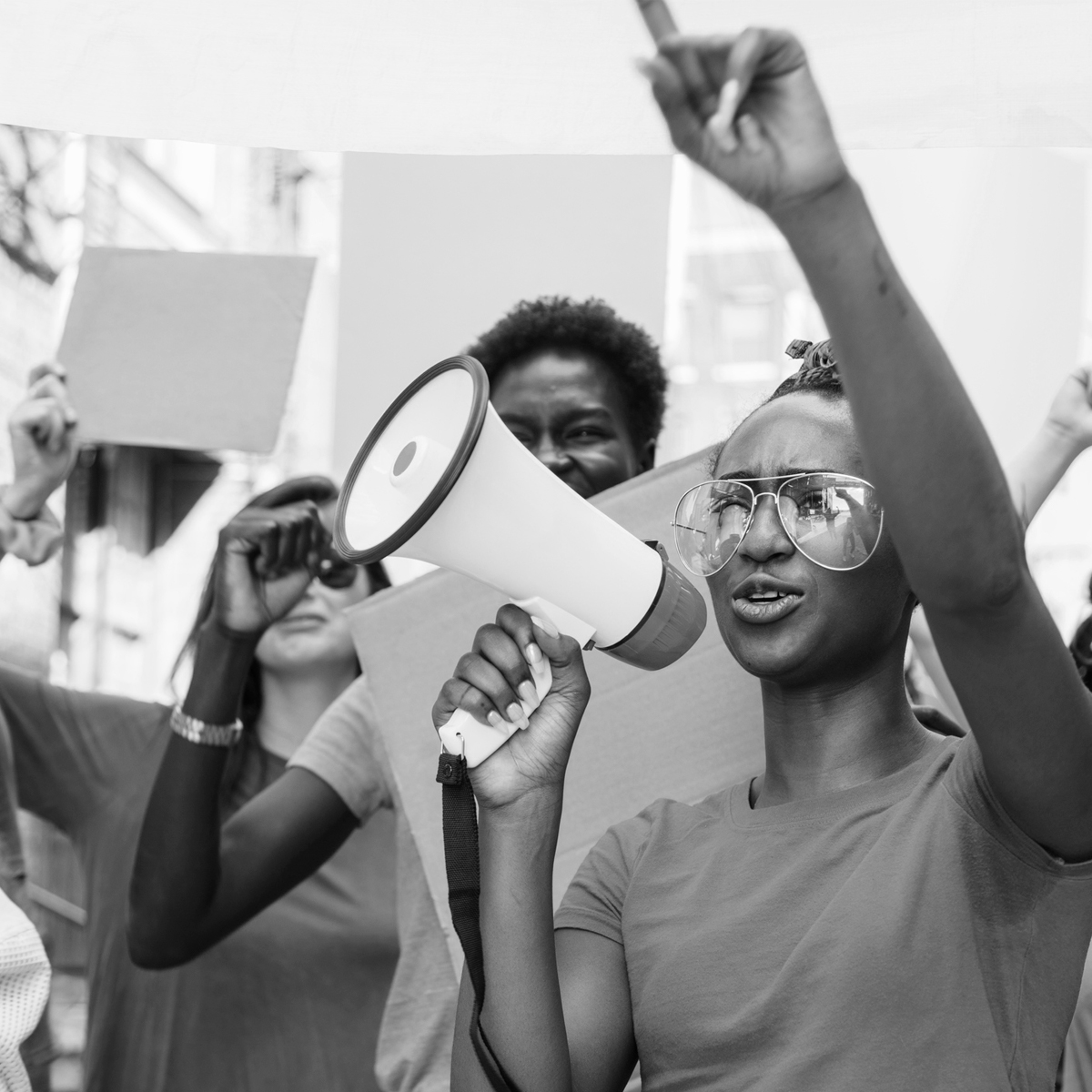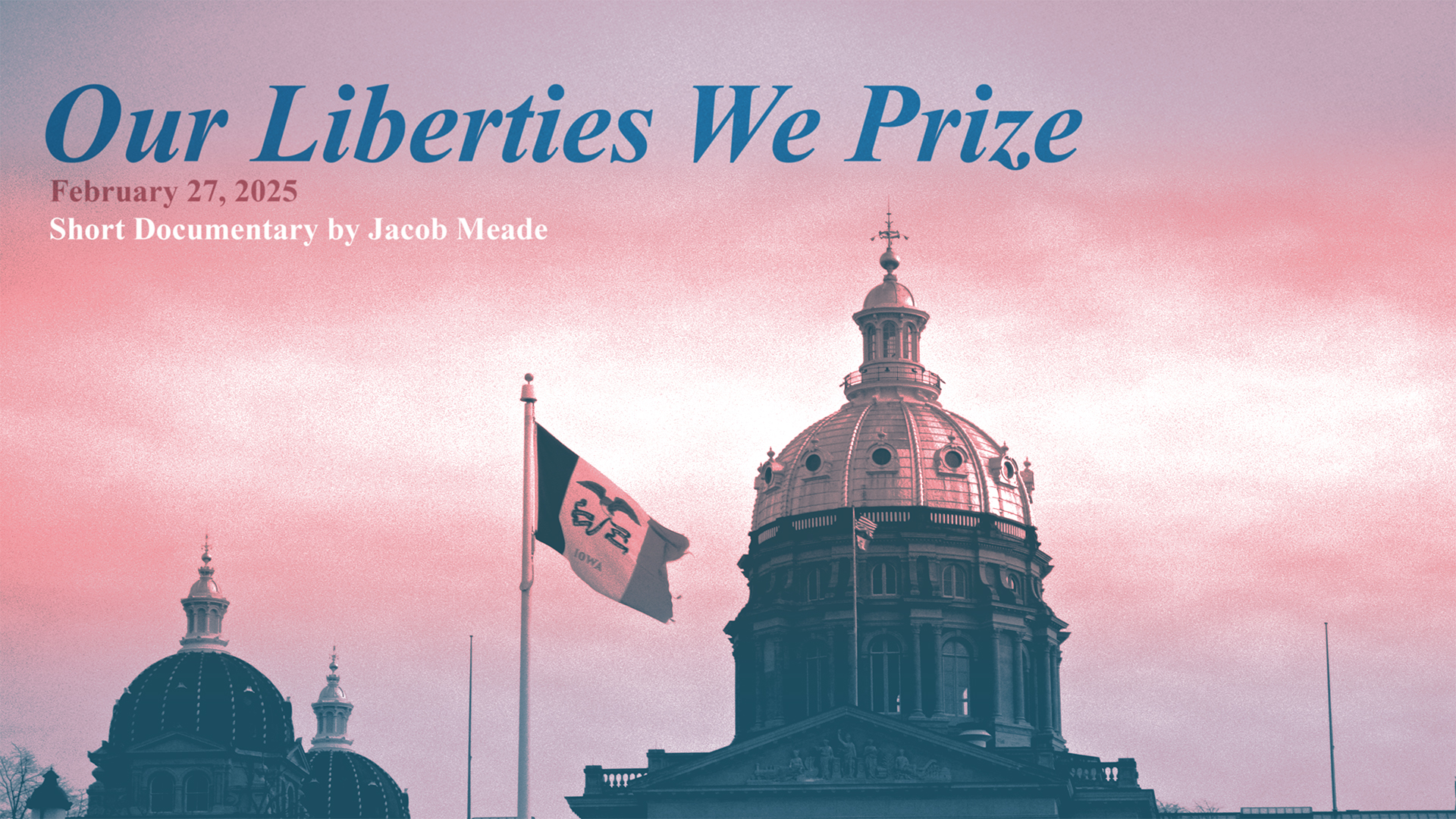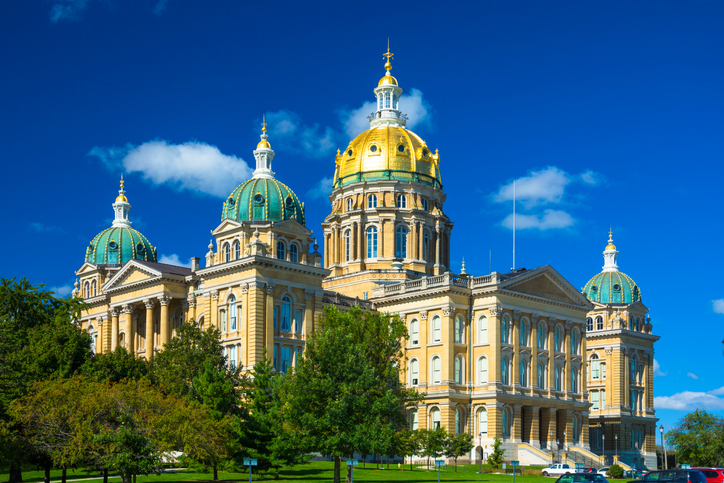
PRIDE began as a protest
On June 28, 1969, at a gay bar on Christopher Street in Greenwich Village, the night started out like any other. Patrons were greeted at the door by a bouncer who verified their identities via peephole. They paid the entrance fee of $3 which included two drink tickets. They had to sign their names in the “bottle book” to prove that they were a private club. Then they could proceed to the dance floor.
At 1:20 a.m., four undercover police officers arrived and announced they were going to raid the bar and arrest everyone inside. The music shut off, the main lights turned on, and police barred the doors. At this point, from the point of view of the patrons, this was still a night like any other. Police raids were a regular occurrence at gay bars across the country, and mass arrests and violence perpetrated by police were common at such establishments.
But then, as a woman named Stormé DeLarverie was being escorted to the police wagon, something different happened. Stormé complained to the officer escorting her that her cuffs were too tight, and the officer turned and struck her in the back of the head with his baton. She turned to look at the crowd and yelled “Why don’t you guys do something?”
They did.
The crowd erupted, tipping over police cars, hurling beer and bricks toward their assailants. Someone in the crowd suggested the bar had been raided because police hadn’t received an appropriate bribe, to which someone else shouted “Then pay them off!” Coins began hurtling through the air, an expression of a community who had finally had enough with public corruption and police violence.
This was the beginning of the Stonewall Riots; the seminal LGBTQ rights event commemorated every year by Pride month. The riots formed and galvanized new advocacy organizations for LGBTQ people, and became the spark that set off coordinated demands for equality that are still fought today.
Too often we forget that Pride was a riot, and that it took aggressive and confrontational tactics by the community to curtail entrenched police violence. To that end, it is baffling that anyone in the LGBTQ community would align themselves against contemporary demonstrations targeted at police violence and intimidation.
We call on our community to stand up and support the Black Lives Matter movement. We call on our elected leaders to listen and incorporate their demands. We call to an end of the use of tear gas and impact projectiles against non-violent protesters. We call for an end to police profiling with meaningful legislation that recognizes the need to protect LGBTQ people of color in the unique ways they’re profiled. We call for citizen review boards in municipalities across this state with the ability to impart real consequences on officers guilty of misconduct. We call for an end to police raids on gay bars, one of which happened this very month in Iowa’s capitol city.
As seen in The Gazette



